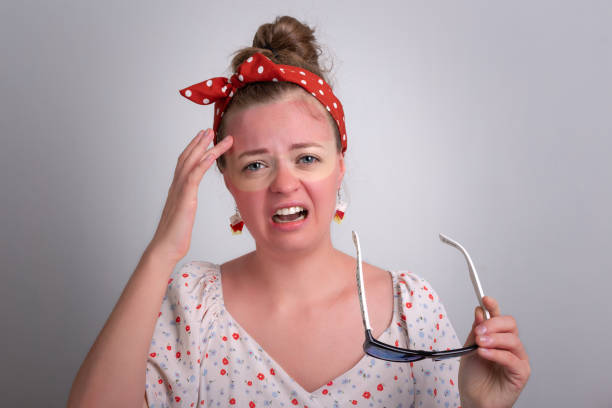Allergic reactions to sunlight can cause sunburns. It’s an indication that the DNA of your skin cells has been damaged by UV radiation.
Your skin heals quickly because it is the largest organ in your body. It pumps blood to the affected area to heal and help create new skin. The extra blood causes redness in the capillaries. When you press down on the skin, it will turn white then return to its original colour as the capillaries replenish. Your body begins to shed the damaged cells as new skin develops. This leads to peeling.
Make sure your skin is healthy and beautiful.
It is important to protect your skin from the sun’s harmful rays, even on a cloudy day. Even though the sun may be hidden and the day is cool, UV rays can still penetrate the clouds and cause damage to your skin.
The altitude is also a factor. Because there is less earth’s atmosphere that blocks sunlight, the higher you are, the more likely you will get sunburned.
Arizona’s UV rays are strongest between 10 a.m. and 4 p.m. So make sure you reapply sunscreen during these times. Also, try to avoid areas that are too sunny.
Medications or genetic conditions may increase your sensitivity to ultraviolet rays and skin burning.
Protect and take care of your skin
Here are some things you can do for your skin to protect it from harmful UV rays:
- Avoid tanning beds
- Use a broad-spectrum sunscreen with UVA/UVB SPF 30 or higher that is water-resistant
- Before you go outside, wait 15 minutes
- Do not forget to cover the ears and scalp.
- Every two hours, apply again
- Protective clothing, such as sleeves or hats, should be worn
- Take zinc
- While it is not a substitute for sunscreen or covering up, it can give you some breathing space if your skin is extremely sensitive or you cannot get back to applying sunscreen.
How do you find relief?
These are some tips that will help you feel better and heal quicker:
- Keep out of direct sunlight until you are fully healed
- Cool compresses
- Take a cool shower or a bath
- Lotions with lidocaine or aloe vera
- Get lots of water and electrolytes
- You can heal quicker by replacing any fluids that have been lost.
- To keep your skin moisturized, moisturise regularly
- Hydrocortisone cream can be used to reduce itching and swelling
- Don’t pick at your skin when you are peeling it
- Take a pain relief medication to reduce inflammation and pain
- Take an antihistamine to reduce itching
Do not leave any stone unturned.
Too much UV radiation can lead to melanoma, the most common form of skin cancer. Do you know that melanoma risk doubles for those with more than five sunburns? You can reduce your risk of getting melanoma by sunscreen with an SPF of 30 or higher every day.
Every month, take the time to examine your body for any unusual abnormalities. Be especially alert if you notice any unusual lumps, moles or changes in your body. Contact your dermatologist if you notice any changes.

